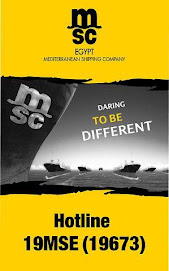By Moustafa Barakat
Mohammed Ali Seif is a current eighth grader who has spent most of his life at Schutz American School. He is fourteen years old but his mind is motivated and filled with vitality. He is part of a large family with two sisters and a lot of cousins. Physical Education is Mohammed’s favorite subject. He loves the challenge and endurance of working out and playing sports. Not only is Mohammed a great person with an outstanding personality, but he is a dedicated horseback rider. Mohammed goes every day to ride his horses in the Alexandria Sporting Club. Mohammed has two horses, Mister Bombastic and Fabio, and he loves having them both race and compete with one another. Mohammed has had a lot of inspirations and support from his parents and his trainer Captain Yaser.
Mohammed Seif is not only a dedicated and talented horseback rider but also a teacher and inspirer of the sport. Mohammed talked about how anyone could become a great horse rider. The first step is that you have to achieve balance and concentration. The second step is to understand your horse and talk to him, and not be afraid of him in any way and to have a bond with your horse. Mohammed also said that persistence, courage, love, passion and endurance are very important things that you have to achieve to become a motivated horseback rider. “It is all about experience,” said Mohammed Seif. Mohammed is talented and has an outstanding personality.
Mohammed Ali Seif participated in many competitions through out Egypt; he went to a lot of clubs to compete with many other talented horseback riders. However he does not always ride his horses to compete. He loves the feeling of being high above the ground and getting attention from the people around him. He also enjoys the tact and strategies behind controlling his horses. Mohammed Seif also loves feeding his horses and giving them treats for the day.


.jpg)








